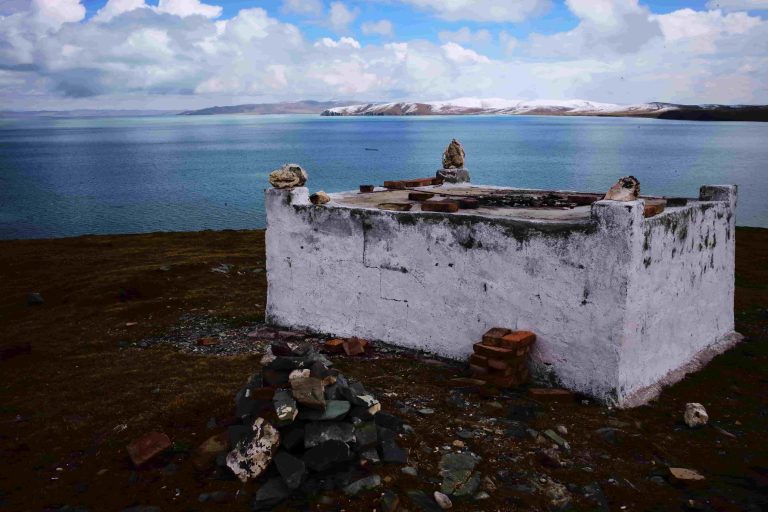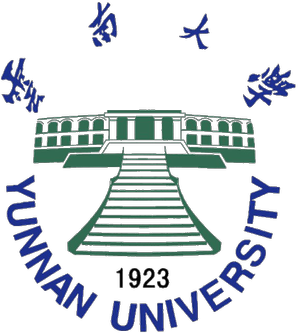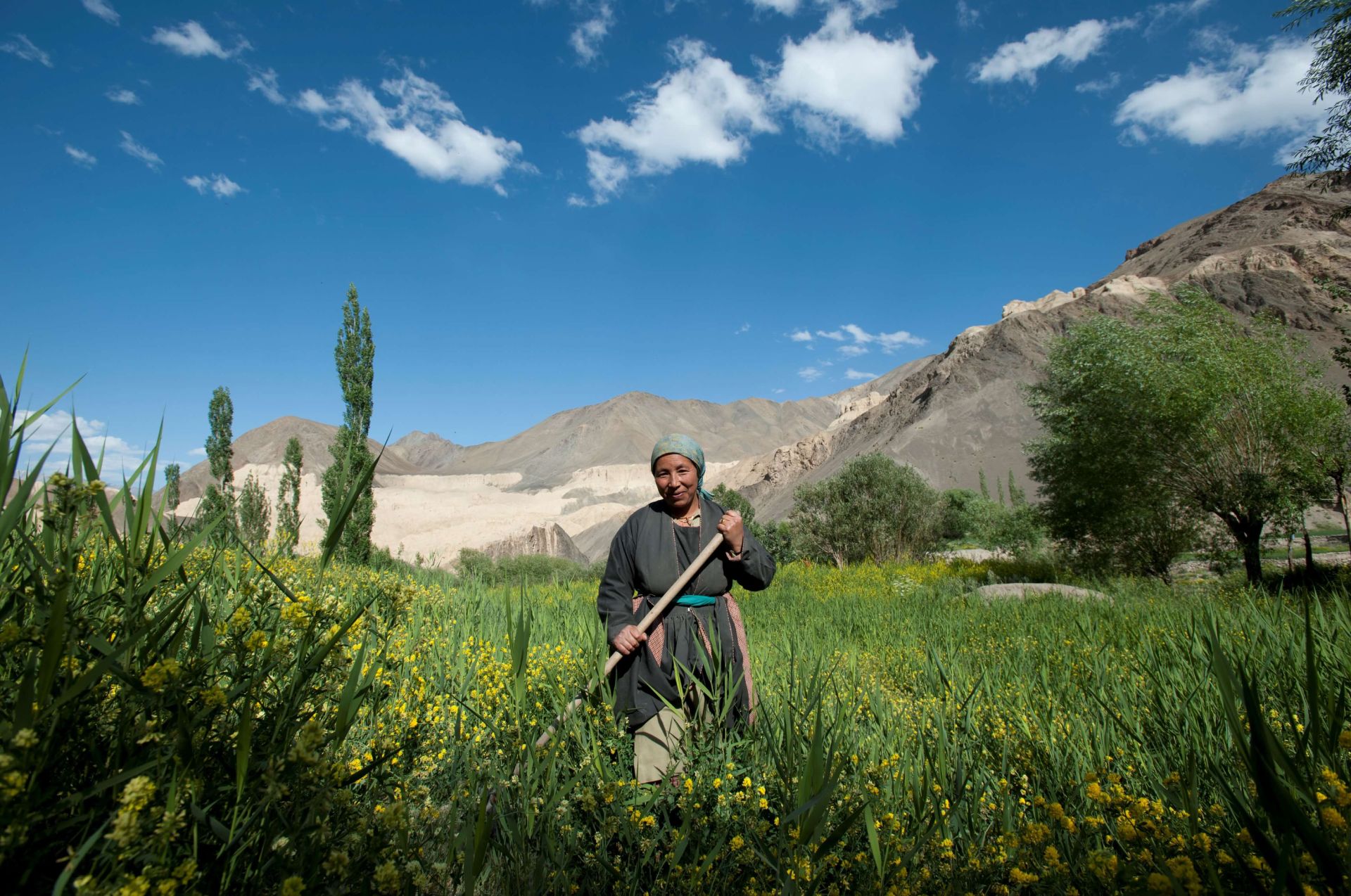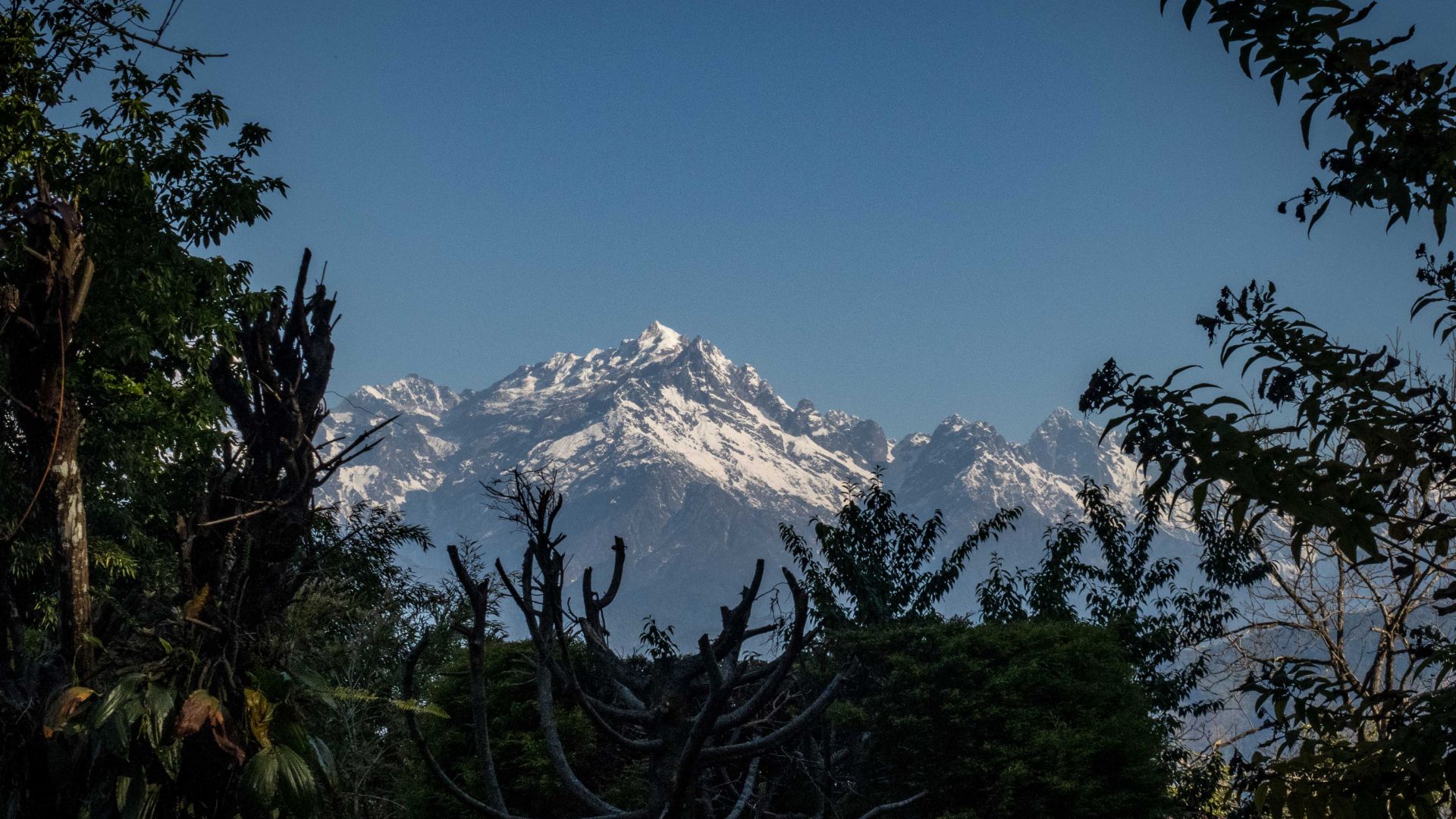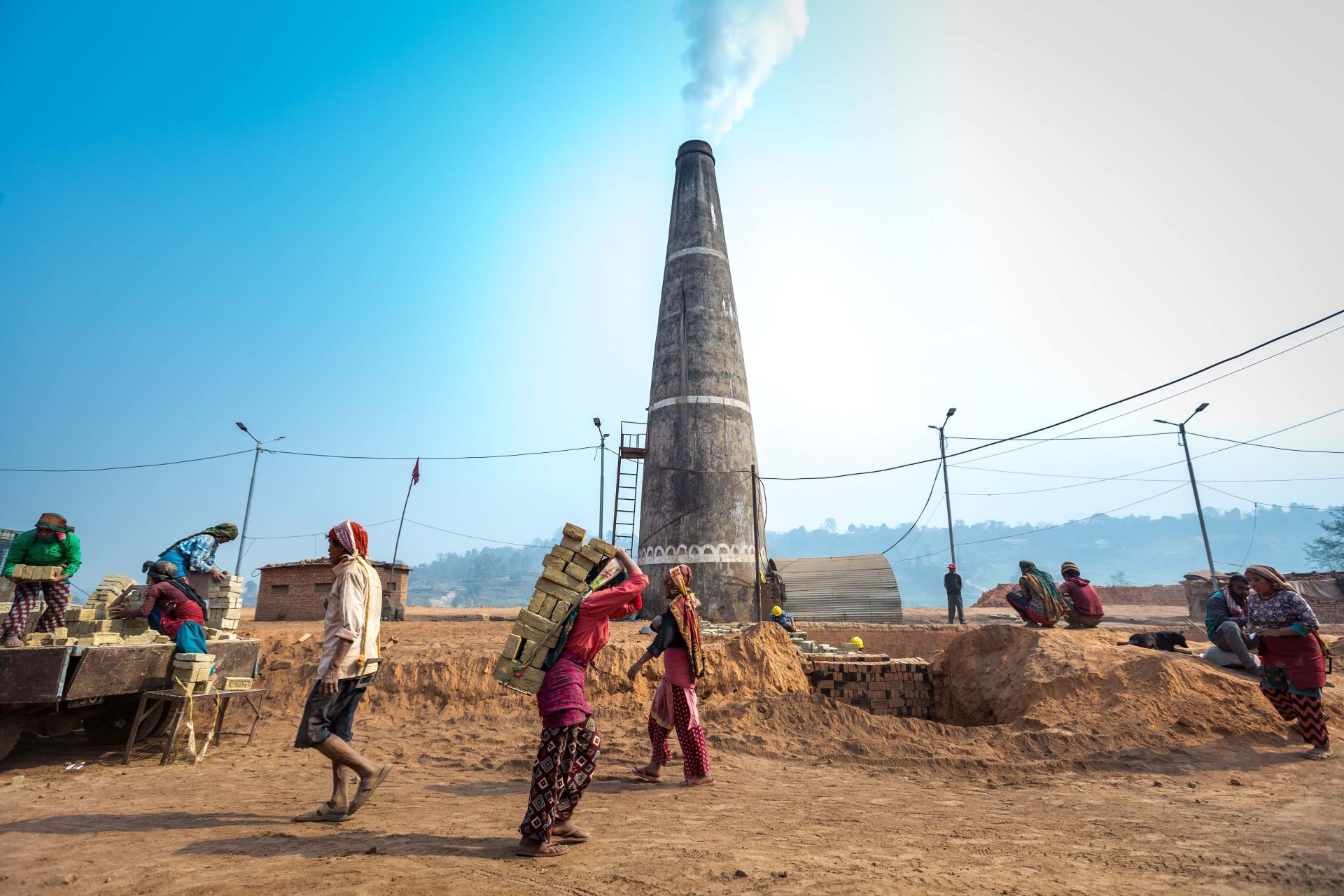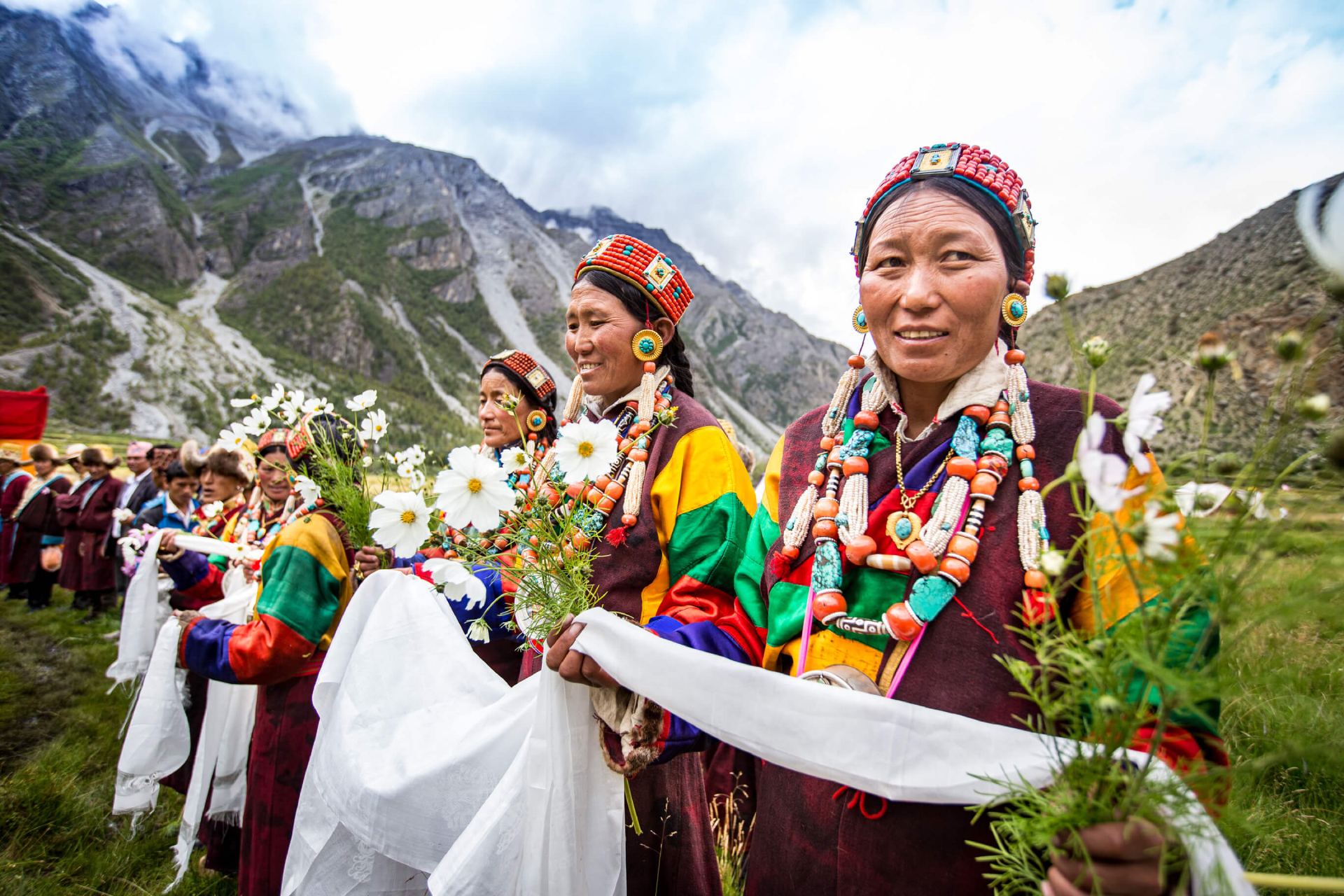Introduction
The Thematic Working Group (TWG) on Trans-Himalayan Environmental Humanities was initiated during the HUC Annual Meeting in Chengdu, China, in November 2017. Prof. Dan Smyer Yü of Yunnan University and Dr. Erik de Maaker of Leiden University are the founding co-leads of the TWG. Conceived as a multinational venue of collaborative research and teaching on the Himalayan environment, climate change, and traditional ecological knowledge, the group aims to explore the more-than-human meanings of the Earth, sustainability, and multispecies interactions and co-existence by building bridges between traditional knowledge systems and modern environmental sciences in the Anthropocene, the current geological era of the Earth largely induced by human industrial activities. The TWG is keen on researching traditional sustainability wisdoms from Himalayan indigenous societies as well as their hybrid forms incorporated with modern scientific methods. It is particularly dedicated to the practice of the humanist approaches from environmental humanities, a fast-growing interdisciplinary field of environmental studies concerning local manifestations of global climate and environmental changes.
Seeing the Earth as a relational world, the group situates its current research and teaching goals in these directions:
- Multi-sited, comparative case studies of the Himalayan environment as an inclusive concept encompassing the physical Earth, human societies, modes of subsistence, cultural heritages, habitats of animals and plants, weather patterns, regional climate change, historical human and nonhuman migration patterns, indigenous ecological knowledge, and the implementations and outcomes of modern environmental science
- Identifying contrasts, overlaps, and gaps in the approaches and perspectives of various stakeholders in relation to the impact of climate change and globalization on the fragile ecosystems of the Hindu Kush Himalayan region
- Bringing local and global perspectives and knowledges in conversation with one another, and attempting to recognize their “ecotones” and bridging the gaps
- Generating publicly engaged and policy-implicated discussions and conceptualizations from geographically specific, ethnolinguistically unique case studies
- Sharing research outcomes and developing conversations with scholars and scientists specializing in different highlands of the Earth, such as the Andes and the Arctic tundra, for global comparative implications of Himalayan environmental studies
Ongoing collaborative research and teaching projects
| 2018–2020 | Research project “Interfacing indigenous knowledge, modern science and policymaking: Water and climate change in the Hindu Kush Himalayan region” funded by the HUC Focus Grant |
| 15–16 November 2018 | “Building common ground – Project inaugural workshop” |
| 3–6 November 2019 | “Yunnan University–Himalayan University Consortium Trans-Himalayan Environmental Humanities publishing workshop” |
| 30 November–11 December 2020 | “Workshop on storying the sustainable intelligence of the Earth in the new Himalaya” |
| 9–15 October 2021 | “Storying climes of the Himalaya, the Andes, and the Arctic: Anthropogenic water bodies, multispecies vulnerability, and sustainable living” |
Past co-lead
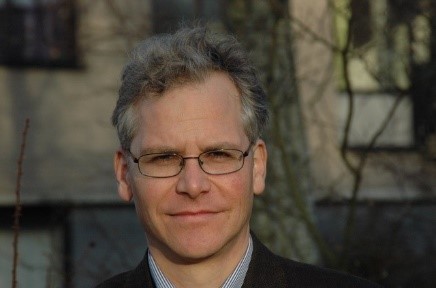
Erik de Maaker
Assistant Professor
Leiden University, Netherlands
2019-2024
Dr de Maaker is an assistant professor at the Institute of Cultural Anthropology and Development Sociology at Leiden University in the Netherlands. He is a member of the academic committee of the Leiden International Institute for Asian Studies and a founding member of the Asian Borderlands Research Network.
